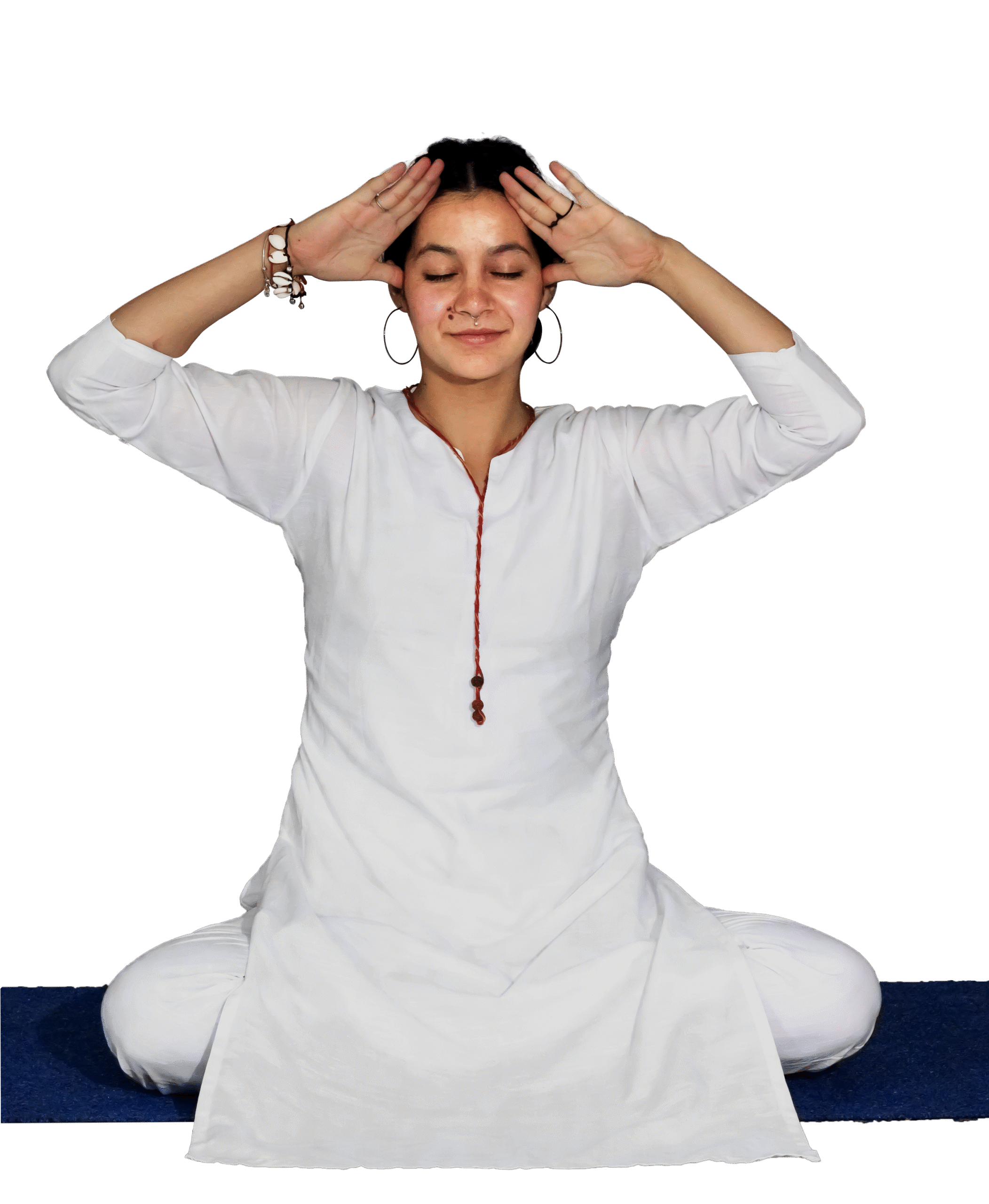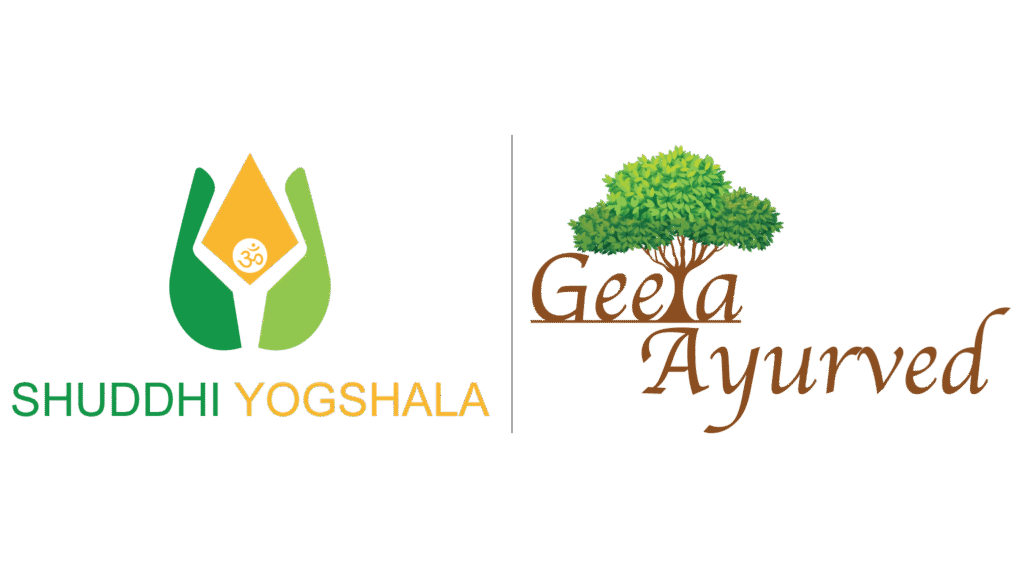Our Services
Dive in the World of Health & Fitness with Yoga Classes Online
Discover the Power Within: Health, Fitness, and Wellness Await with our expert-led yoga classes online. Practice anytime, anywhere, and start your journey to a balanced, healthier you.
Why Choose Us
✓ Only institute who provides authentic yoga knowledge.
✓ Online yoga teacher training course provides best in class yoga teachers.
✓ Best syllabus of yoga teacher training that covers all the aspect of the syllabus of yoga teacher training.
✓ Program gives real life training experiencer with live training.
✓ Teach real students after the training demonstration batches.
✓ Yoga certificate course provide free life coach sessions with yogis who will guide you through life work with us after completion of the batch.
✓ Best price with best knowledge


BENEFITS OF YOGA CLASSES ONLINE
Yoga classes online improve flexibility, reduce stress, and enhance mental clarity—all from the comfort of your home. Experience the calming effects of a consistent yoga routine and find inner peace through guided, mindful practice.
Join yoga classes online to boost your physical strength, improve focus, and promote overall balance in your body, mind, and spirit. Whether you’re a beginner or experienced, these online sessions help you stay grounded and healthy wherever you are.


Yoga Benefit
Shaping your mind with the body
- Yoga improves strength, balance & flexibility
- Yoga helps with back pain relief
- Yoga relaxes you, to help you sleep better
- Yoga helps you manage stress
JOIN HUNDREDS OF HEALTHY PEOPLE
Shuddhi Yogshala, owned and managed by GEETA AYURVED PVT LTD, has transformed the lives of thousands of people from all around the world.
Meet Our Trainer
Our Professional Yoga Trainer

Yogacharya Rishabh Negi

Yogini Preeti Rawat

Rakhi Dixit
Yoga Expert

Sanjay Kumar
Sanskrit Teacher

Testimonials
What My Client Say About Me





